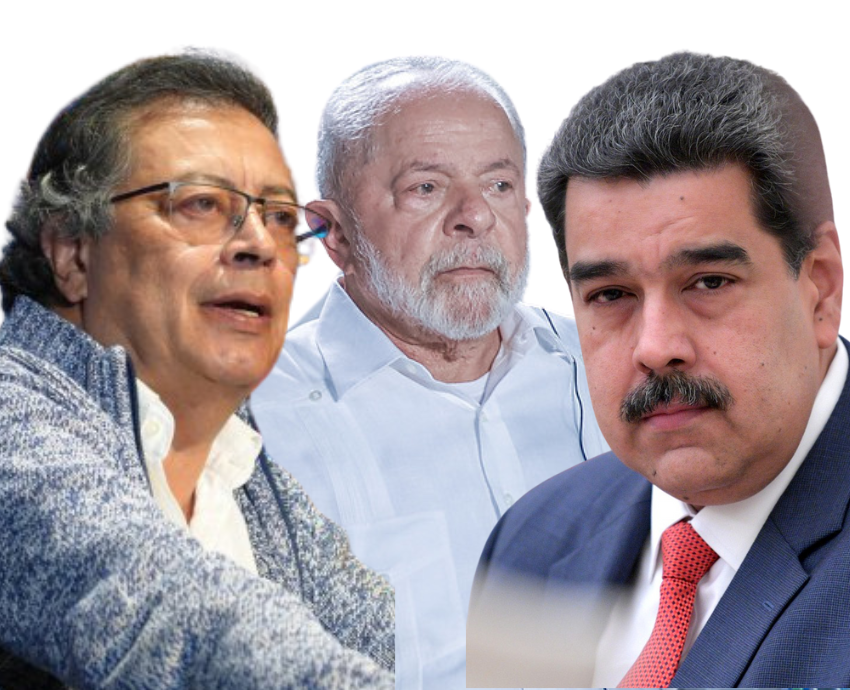
Venezuelan officials have responded with threats and accusations to recent statements from Brazil and Colombia reaffirming their refusal to recognise any new president unless election results are published.
According to Venezuela’s National Electoral Council (CNE), incumbent president Nicolas Maduro won the July 28 election, but the right-wing opposition says alleged voting centre tally sheets prove the real winner was its candidate, Edmundo González.
Given the controversy, Brazilian president Luiz Inácio Lula da Silva and Colombian president Gustavo Petro have encouraged Maduro to dispel any doubts by publishing the full results.
As progressive leaders in neighbouring countries, Lula and Petro have maintained close relations with Venezuela in the face of a sustained United States-led campaign to diplomatically isolate the Maduro government.
They have also been outspoken against US-imposed sanctions on Venezuela that, as they noted in an August 24 joint statement, “are contrary to international law and harm the population of the sanctioned countries, especially the most vulnerable sectors”.
But with Maduro pledging to assume the presidency on January 10 without the publication of results, Colombian foreign minister Luis Gilberto Murillo restated on October 30 that his government’s position “remains clear” — no results means no recognition.
In response, Venezuelan foreign minister Yvan Gil accused Murillo of having been blackmailed by “the extreme right and the United States”, adding “he will regret his constant meddling in our internal affairs”.
The previous day, Lula’s international affairs advisor Celso Amorim said Brazil would also not recognise Maduro’s victory, given “the principle of transparency has not been respected”. Amorin suggested this was behind Brazil’s decision to veto Venezuela’s entry into the BRICS+ alliance.
Hitting back at Amorim, Venezuela’s foreign ministry accused him on October 30 of being “a messenger for North American imperialism”. The same day, National Assembly president Jorge Rodriguez said Amorin had operated as if he was a “special agent … for the White House”.
Noting Maduro had promised Amorin the day after the election that the results would be published once the CNE had resolved issues relating to a supposed “cyber attack”, Rodriguez accused Amorin of being a “liar” when he said the results lacked transparency.
“The CNE published the numbers from the electoral machines and the Venezuelan Supreme Court of Justice ratified the results of the elections,” Rodriguez said.
To date, no results nor evidence of any cyber attack on the country’s voting system have been made public by any Venezuelan state body or official.
These attacks follow statements made last month by Venezuela’s attorney general Tarek William Saab in which he labelled Lula a “CIA agent”, though the foreign ministry shortly after distanced itself from the accusation.
Concerningly, Venezuela’s national police force posted a threatening message on October 31 on Instagram over an image depicting Lula’s silhouette.
The growing rift between Venezuela and the region’s left was on display at the World Anti-Fascist Parliamentary Forum hosted in Caracas on November 4‒5.
Such conferences traditionally draw significant high-profile delegations from around Latin America. However, the main speakers on the opening panel were parliamentarians representing the regimes in Russia and Iran, a South African MP and a representative from the Turkish-based League of Parliamentarians for Al-Quds and Palestine.
The only country from the region represented on a speaking panel was Cuba.